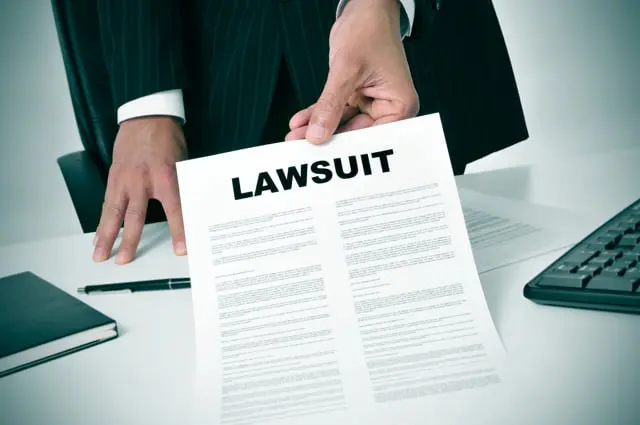Ray Hrdlicka – Host – Attorneys.Media
“But does the covenant not to compete, have more teeth, if that person goes into business for themselves, in competition with you?”
Michael Campbell – Business Dispute Attorney – Pierce County, WA
“I think it depends on all the circumstances. If a court looks at it and it says,
‘gee, you’re doing exactly what they were doing, and you did it within less than one year. And that was the term in the contract… we’re going to prohibit you from doing this.’
That could be perfectly reasonable. If you go to work for another company, that’s in the same business of doing exactly the same things, and your role, especially, is the same role that you had in the business you left, again, there’s no reason why they shouldn’t prohibit that. And I do get that, yes. But if you’re in a different role, or in a different area of the country, for example, you’re in an area in California, and the only relevant information you have is all related to that territory of California. And then you move up to Washington. There isn’t really any reason why that…and you go with a competing company, there isn’t any reason why that should be enforced in Washington. “
Ray Hrdlicka – Host – Attorneys.Media
“Right. I get that. I get that.”
Michael Campbell – Business Dispute Attorney – Pierce County, WA
“But it’s not to say there won’t be. You know, sometimes things are written… and remember… let me back up just a moment. Sometimes the covenant to compete isn’t necessarily legally enforceable. But if another company is afraid of litigation because the company you’re going to doesn’t want to be sued… They won’t hire you….it has a chilling effect. That’s another reason why they need to be written fairly. And beyond that, the argument is to the government, make this fair, may make this reasonable, and don’t do this… don’t do this where it’s clearly not appropriate.”



































